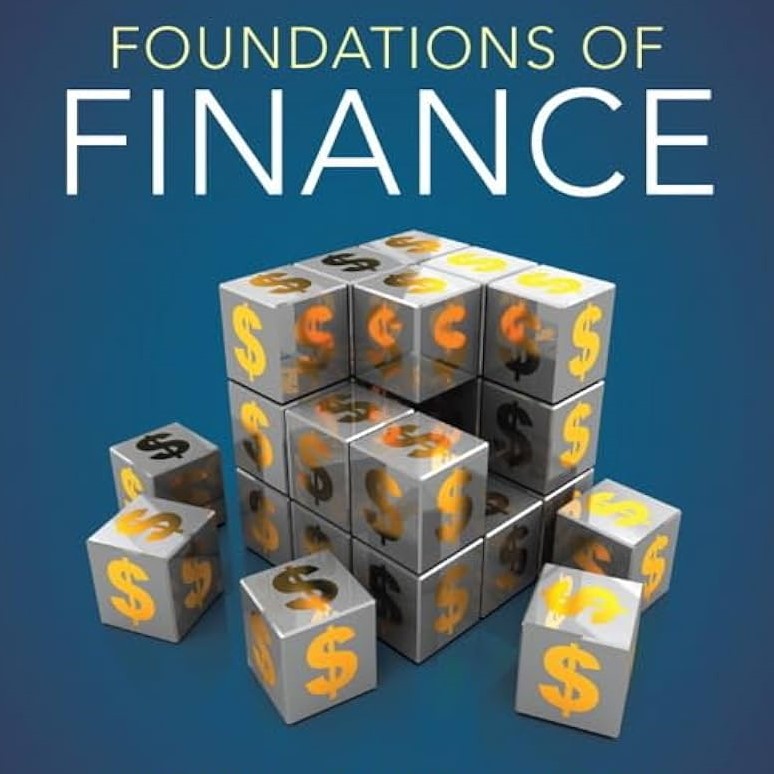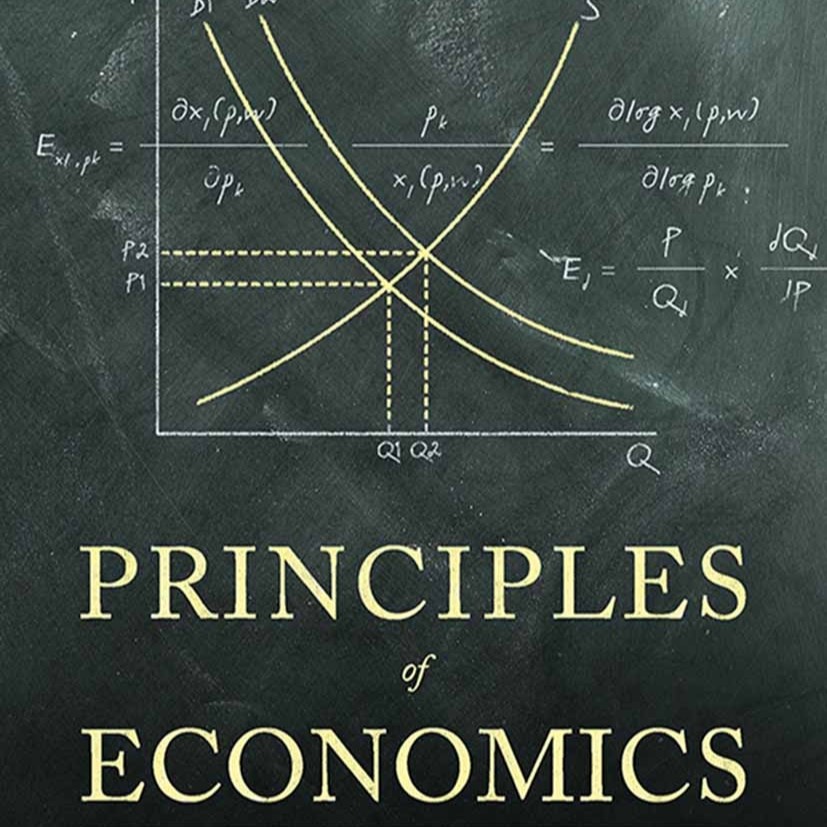Description
The “Finance Essentials” course is designed to provide a comprehensive understanding of finance’s fundamental principles and practices. This course covers critical topics essential for anyone looking to gain a solid foundation in financial concepts, whether for personal finance management or professional development.
Course Overview:
1. Introduction to Finance:
- Definition and Scope: Understanding finance, its importance in personal and business contexts, and how it impacts decision-making.
- Financial Markets and Instruments: Overview of different types of financial markets (e.g., stock, bond, money markets) and instruments (e.g., stocks, bonds, mutual funds).
2. Financial Statements and Analysis:
- Balance Sheets: Components, purpose, and interpretation.
- Income Statements: Understanding revenues, expenses, profits, and their implications.
- Cash Flow Statements: Importance of cash flow, types of cash flows, and how to analyze cash flow statements.
- Financial Ratios: Key ratios (liquidity, profitability, solvency) and their use in evaluating financial health.
3. Time Value of Money:
- Concepts: Present value, future value, interest rates, and discounting.
- Applications: Applying time value of money principles to investment and financing decisions.
4. Budgeting and Forecasting:
- Personal Budgeting: Creating and managing a personal budget, understanding expenses and savings.
- Business Budgeting: Techniques for budgeting in business, including forecasting revenue and expenses.
5. Investment Basics:
- Investment Types: Overview of different types of investments (stocks, bonds, real estate, etc.).
- Risk and Return: Understanding the relationship between risk and return, diversification, and portfolio management.
- Investment Strategies: Basics of long-term and short-term investment strategies, asset allocation.
6. Financing and Capital Structure:
- Sources of Finance: Different sources of finance (debt, equity, internal funds) and their implications.
- Capital Structure: How firms balance debt and equity financing, cost of capital, and financial leverage.
7. Financial Planning and Analysis:
- Strategic Financial Planning: Setting financial goals, planning for retirement, and long-term financial strategies.
- Financial Analysis Tools: Use economic models, scenarios, and sensitivity analyses.
8. Risk Management:
- Types of Risk: Identifying and managing financial risks, including market risk, credit risk, and operational risk.
- Risk Management Strategies: Techniques for mitigating risk, including insurance, diversification, and hedging.
Learning Outcomes:
By the end of the course, participants will:
- Have a clear understanding of core financial principles and their applications.
- Be able to analyze and interpret financial statements and use financial ratios to assess performance.
- Understand and apply the concepts of the time value of money in financial decision-making.
- Be equipped to create and manage budgets, both personal and organizational.
- Gain knowledge of basic investment principles, strategies, and risk management techniques.
- Develop skills in financial planning and forecasting for both personal and business contexts.






Olufemi –
“The ‘Fundamentals of Financial Essentials’ course was an incredibly valuable investment for me. The comprehensive curriculum covered all the essential concepts of personal finance, empowering me with the tools and knowledge I need to manage my finances effectively. I particularly appreciated the interactive exercises and real-life examples, which helped me apply the principles to my own situation. This course has given me the confidence and skills to plan for my financial future, make informed decisions, and achieve my financial goals.”
Bawa –
“Fundamentals of Financial Essentials” has been an invaluable learning experience. The course content was comprehensive and presented in a clear and engaging manner. The instructor was knowledgeable and patient, providing practical examples and interactive exercises to reinforce the concepts. I particularly appreciated the emphasis on practical applications, which has already helped me make informed financial decisions in my personal and professional life. I highly recommend this course to anyone seeking a solid foundation in financial literacy.”
Ndidi –
“The ‘Fundamentals of Financial Essentials’ course has been an incredibly valuable investment. The instructor’s clear explanations and real-world examples made complex financial concepts easy to understand. I’ve gained practical knowledge and confidence in managing my personal finances, including budgeting, saving, and investing. This course has given me the tools and insights I needed to make informed financial decisions and secure my financial future.”
Chidiebere –
“This course surpassed my expectations! The content was well-organized, structured, and delivered in a highly engaging and informative manner. The instructor’s expertise and passion for the field shone through, making the learning process both enjoyable and enriching. I gained an invaluable foundation in financial essentials, which has already enhanced my understanding of financial concepts. I highly recommend this course to anyone seeking to improve their financial literacy and make informed financial decisions.”